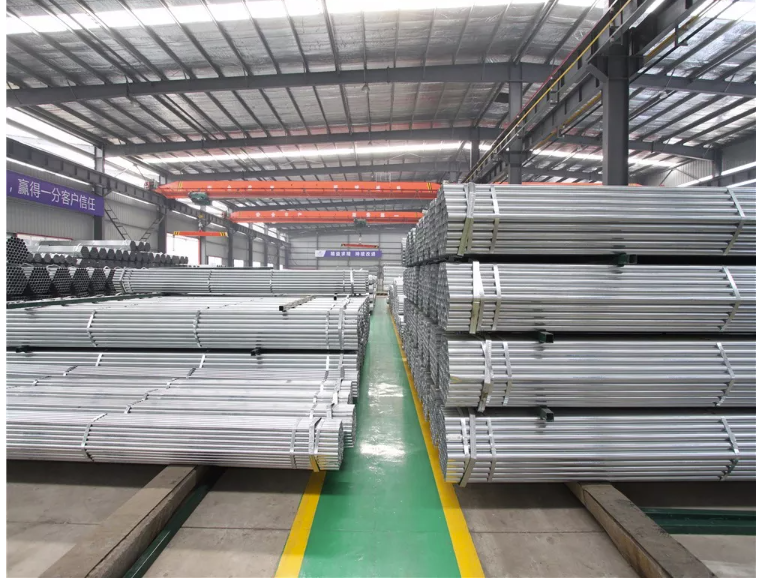The posts might not be usable, but burned barb wire can be used to rebuild fences, cutting the cost of wildfire reconstruction.
By Kay Ledbetter, Texas A&M AgriLife Extension Service Checker Plate

While the total cost of the damage caused by wildfires that consumed more than 1.5 million acres of grassland and pastures in four states will never be fully recovered, landowners can substantially reduce the cost of rebuilding fences. And at an estimated cost of $10,000 per mile for new fence, that’s no small savings.
That’s because, while wildfire can leave posts damaged and in need of replacement, the barbed wire could still be usable. And having the ability to reuse the barbed wire from a fence after a grass fire can reduce the recovery costs for the landowner.”
“Fences are one of the range developments often damaged in fires,” said Ted McCollum, Texas A&M AgriLife Extension Service beef cattle specialist in Amarillo. “Certainly burned wooden posts and stays have to be replaced. But the damage to the barbed wire may be less than it appears and one assumes.”
Steve Amosson, AgriLife Extension economist in Amarillo, estimated fencing could be the second major expense tied to the fires on the burned acres. Estimating half will be repaired and half replaced, he said the cost could be around $6 million to ranchers in the Texas Panhandle rebuilding the 480,000 acres burned.
Amosson said an estimated 975 miles of fence were affected. To repair the fence, the cost is $2,500 per mile; to replace the fence, the cost is $10,000 per mile.
“Research provides information ranchers can use to make decisions related to fences,” said Danny Nusser, AgriLife Extension regional program leader. “Knowing that a fence is stable and repairs are sufficient could be valuable in making economical decisions.”
Research was conducted by Oklahoma State University to examine the effects of grassland fires on barbed wire, he said. The study examined Class 1, 12 1/2-gauge, double-strand barbed wire.
The wire was about 14 years old when the study was conducted, McCollum explained. All of the wire examined in the study originated from the same lot at purchase. The fences were constructed from the wire 13-14 years before the study. Samples of wire were collected from these fences and unused wire from the original purchase lot that had been stored since purchase.
According to the study, wire collected from the fences had been subjected to grass fires zero times, one time, two times or six times during the previous 13 years. These grass fires occurred in the dormant season between February and April.
The unused wire and wire collected from the fences was examined for effects of fire frequency on breaking strength and zinc coating remaining on the wire, McCollum said.
“In this study, compared to the unused wire and wire from the fences that had not been burned, the exposure to grass fire or the number of times the wire was exposed to fire did not adversely affect the breaking strength or zinc coating on the Class 1, 12 1/2-gauge barbed wire,” he said.
The breaking strength and zinc coating, which provides corrosion resistance, were not different between the unused wire, or the wire from the fences that had been burned up to six times the previous 13 years, McCollum said.
“So, the study showed that grass fire did not affect the breaking strength, zinc coating or ductility of the wire,” he said. “After a fire, the galvanized surface of the wire is often stained or discolored. But, this should not be interpreted as failure of the coating or galvanization of the wire. This discoloration comes from iron-zinc alloy layers in the wire and does not represent a failure of the pure zinc coating on the wire.”
McCollum said the researchers concluded that subjecting zinc-coated barbed wire to grass fires will not reduce its service life or its corrosion resistance.
“So there may be occasions where they need to replace the fence, but they shouldn’t automatically assume that the wire needs to be completely replaced because of the grass fire,” he said.
The dollars and sense of sustainability
Enter a zip code to see the weather conditions for a different location.
Not your typical El Nino pattern
Grants seek to address liver abscess formation in cattle
Policy quick hits: Lawmakers say no Paraguay beef on American plates
This Week in Agribusiness, Dec. 9, 2023

Steel Sheet Pile Copyright © 2023 All rights reserved. Informa Markets, a trading division of Informa PLC.